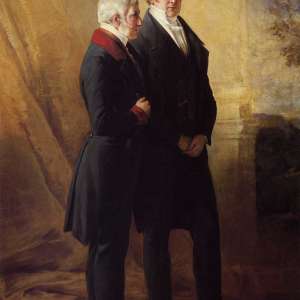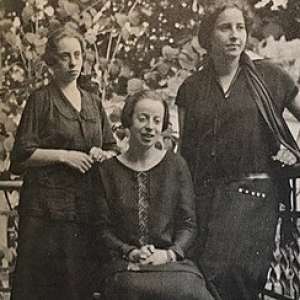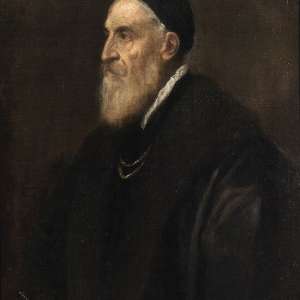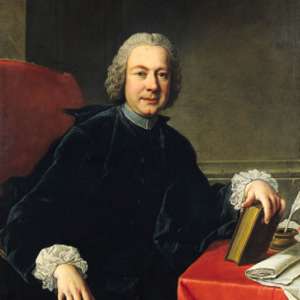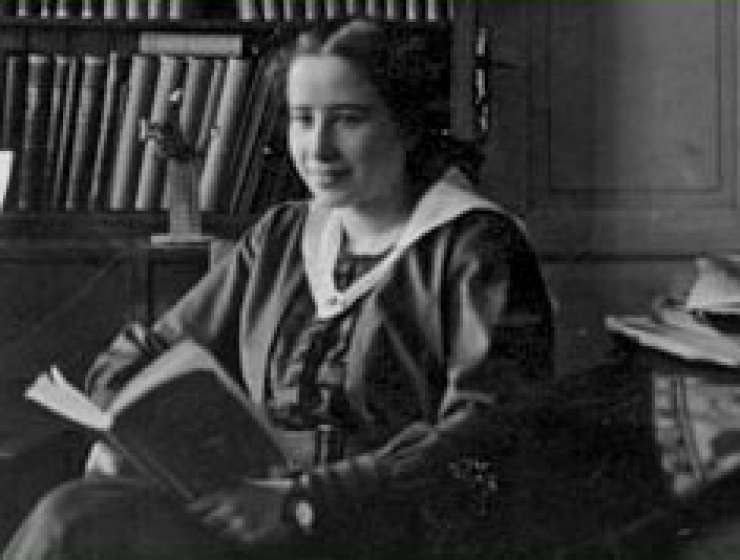
Political subjects not only disproportionately experience violent conflict and human rights abuses, but such experiences simultaneously also further create political subjects (Salih 2013; Nässtrøm 2015; Horst 2019). Refugees’ experiences of dehumanizing events can transform motivation, create a sense of responsibility and spur political action in a wide range of ways. In this article, we explore the links between present-day civil–political engagement by individuals with refugee backgrounds and their life stories, using themes in the work of Hannah Arendt. In what way does the moral shock of political evil—in Arendt’s time illustrated by genocide and statelessness—trigger political subjecthood? How do such moral and political miracles inform intersubjective acts of speech and action? And how do hopeful visions of the future contribute to this process?
Horrific acts of violence and their consequences take centre stage in endeavours to understand the societal impacts of war. The precariousness that conflict and displacement create reconfigures societies in abrupt, dramatic and contradictory ways and thus the experience of uncertainty increases drastically (Butler 2004). Such permanent risk and uncertainty are existential conditions—that is, fundamental experiential realms of human existence (Bauman 2007). However, the experience of violence, the need to take risks in times of war, as well as the speed and unpredictability of unfolding events create an experience of radical uncertainty that is unique to the refugee experience (Horst and Grabska 2015).


